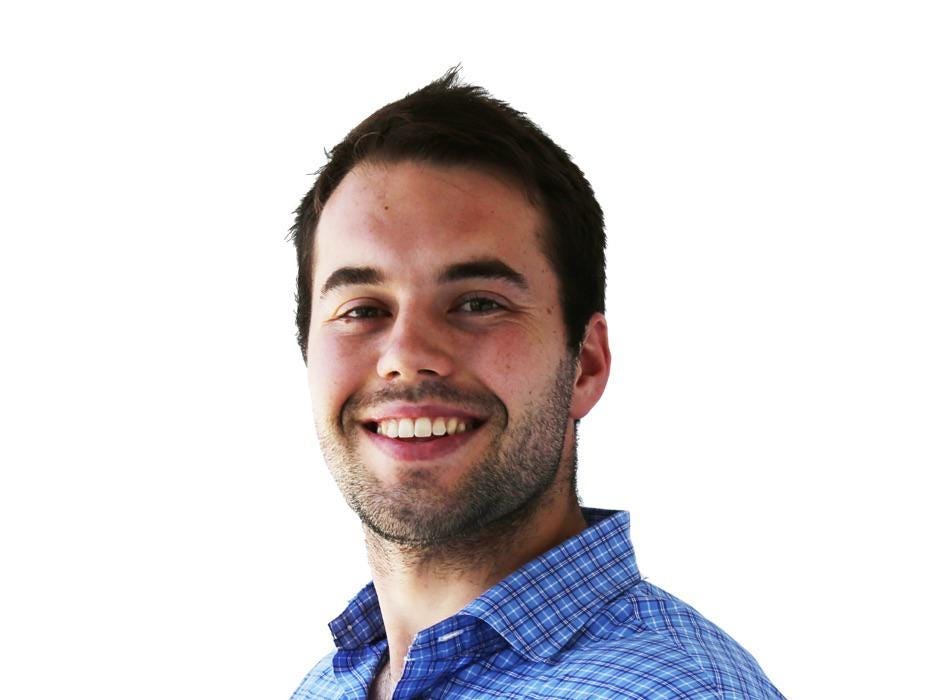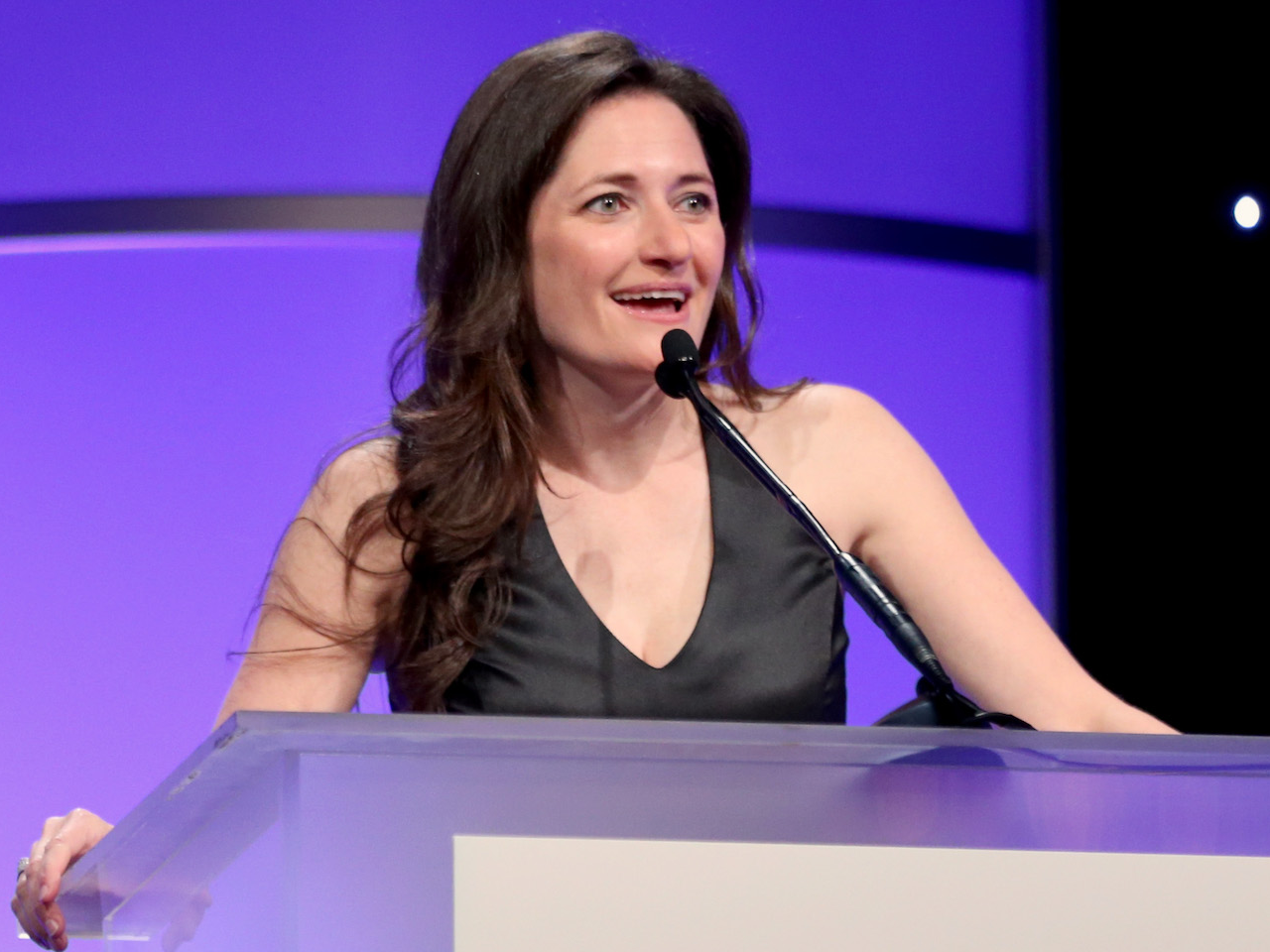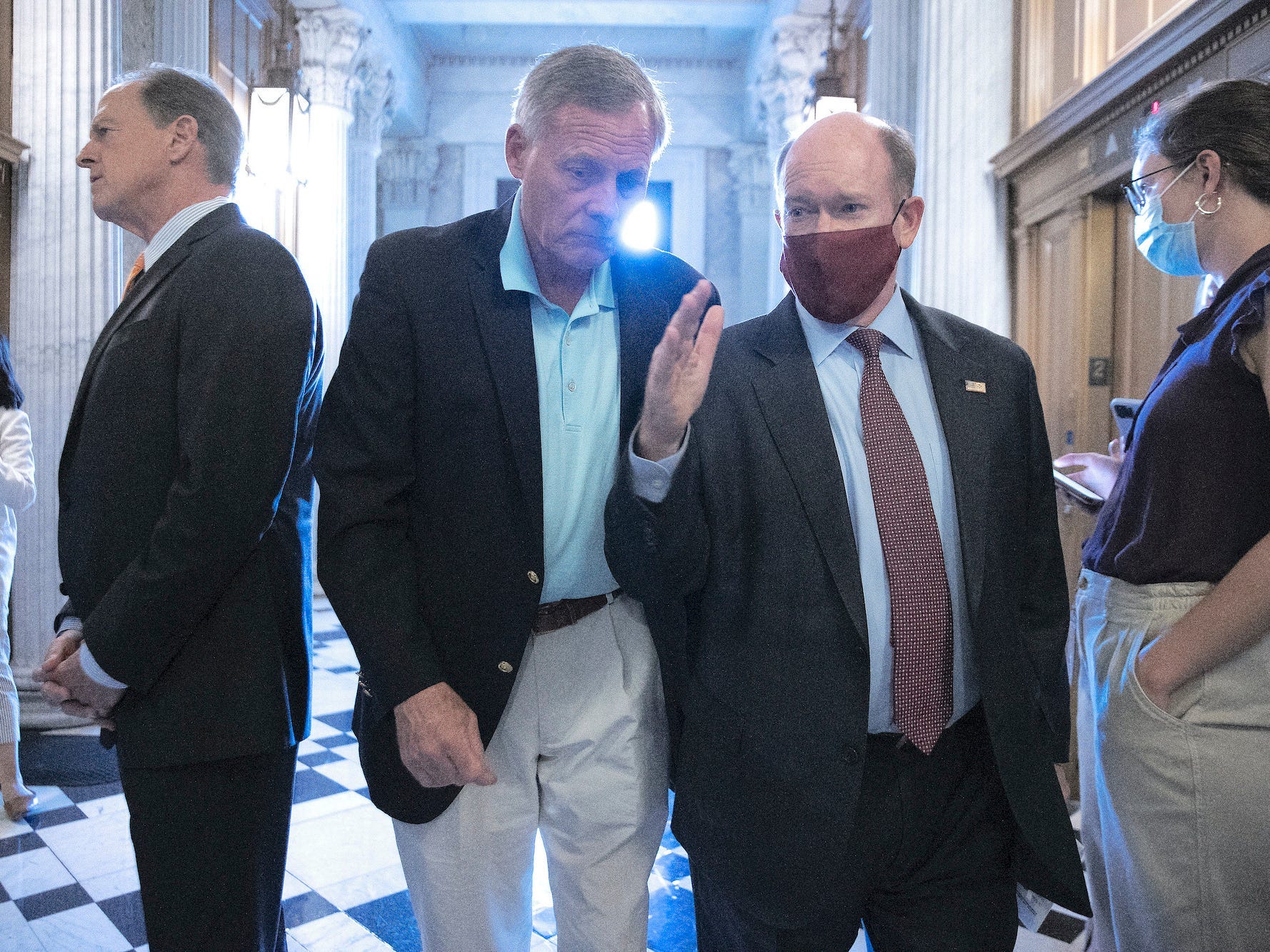Hello,
Welcome to Insider Healthcare. I'm Lydia Ramsey Pflanzer, and today in healthcare news:
- More startup funding news, as we reported exclusively that NOCD has raised $33 million for its approach to online OCD treatment;
- Verily has a secret plan to disentangle itself from Google's technology as it looks toward the future;
- Our politics team looked at Congress' vaccine approach, where members of Congress decide whether to enact a mandate for staff.
If you're new to this newsletter, sign up here. Comments, tips? Email me at [email protected] or tweet @lydiaramsey125. Let's get to it…

NOCD CEO Stephen Smith
NOCD

NOCD
NOCD just raised $33 million to bring OCD treatment online as mental-health startups look to break through a crowded field
- NOCD raised $33 million to offer online therapy for obsessive-compulsive disorder.
- NOCD's therapists specialize in OCD and exposure treatment, and the company partners with payers.
- Analysts expect more telehealth companies to specialize in specific conditions.

Getty Images
Alphabet life-sciences unit Verily is pursuing a secret plan to untangle itself from Google as it readies for a potential IPO

- Verily wants to untangle itself from Google's technology and prepare for a future beyond Alphabet.
- The project is internally called Flywheel and kicked off earlier this year.
- Verily aims to get "fully on public tools and services," according to presentation seen by Insider.

Sen. Richard Burr, a Republican of North Carolina, and Sen. Chris Coons, a Democrat of Delaware, talk as they head to the Senate Chamber.
Chip Somodevilla/Getty Images
Inside Congress' patchwork vaccine approach where some staffers are wary of sharing cafeterias, bathrooms, and staircases with unvaccinated colleagues

Chip Somodevilla/Getty Images
- Each member of Congress gets to decide whether to force their workers to get the COVID vaccine.
- The vaccine remains the most effective way to prevent serious illness and death from COVID-19.
- A document for House members guides them on how to make the vaccine mandatory if they want to.
More stories we're reading:
- A COVID-19 booster shot that could protect against multiple variants at once is being tested in humans for the first time (Insider)
- Apple is working on an iPhone feature that could help detect depression and cognitive decline (The Wall Street Journal)
- 4 leading public-health experts describe what it would take for them to fully return to normal life (Insider)
- After their baby died in the hospital, they got caught in the middle of a payments dispute and received a $257,000 bill (The New York Times)
- Lydia
Read the original article on Business Insider